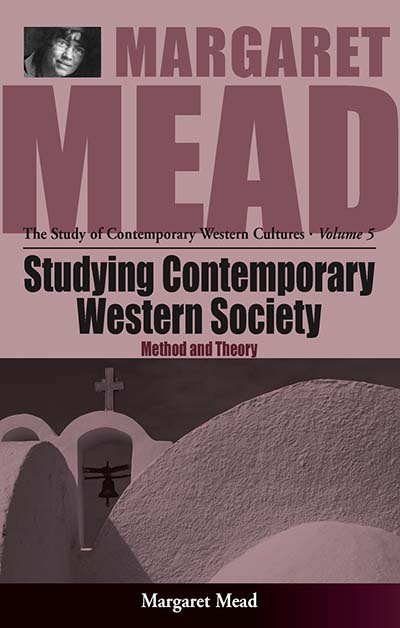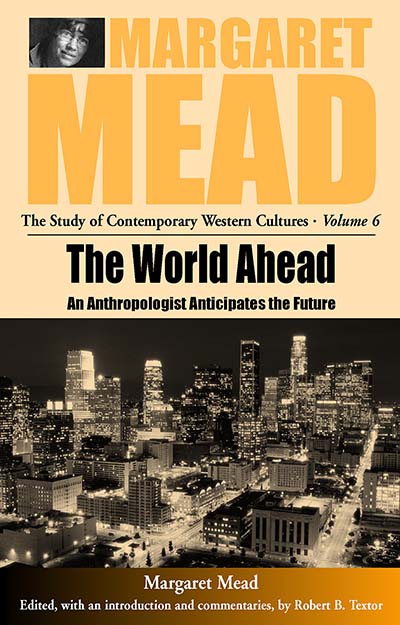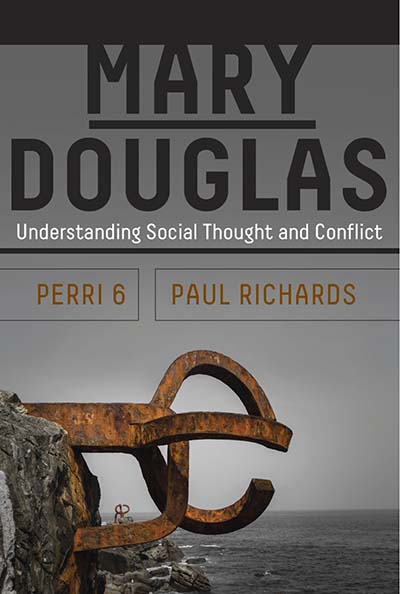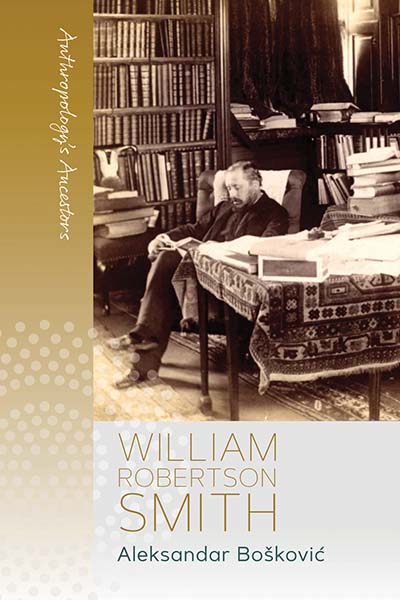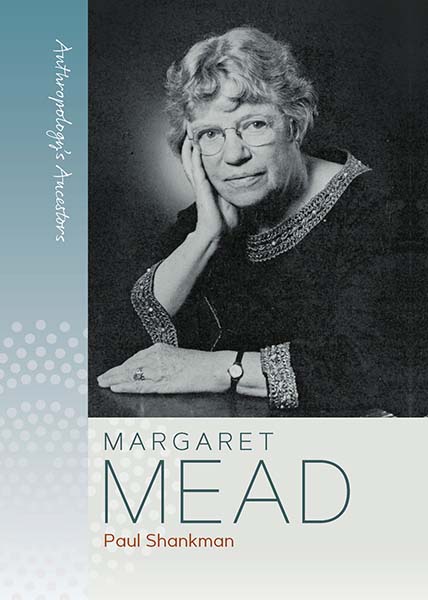
Series
Volume 1
Anthropology's Ancestors
See Related
Anthropology JournalsEmail Newsletters
Sign up for our email newsletters to get customized updates on new Berghahn publications.
Margaret Mead
Paul Shankman
196 pages, 4 illus., bibliog., index
ISBN 978-1-80073-141-7 $120.00/£92.00 / Hb / Published (July 2021)
ISBN 978-1-80073-143-1 $24.95/£19.95 / Pb / Published (July 2021)
eISBN 978-1-83695-602-0 eBook
Reviews
“While Shankman’s biography makes use of the [numerous previously published biographies of Margaret Mead], it nevertheless stands out among the better ones, not only for its well-informed and balanced view of Mead, but also for its concision.” • Times Literary Supplement
“Margaret Mead’s work and anthropology’s methods of participant observation techniques and a holistic approach are now more important than ever in addressing major world challenges. Shankman’s book provides insight and inspiration regarding Mead, and to anthropology generally. It is elegantly written, concise, learned, and fair. It provides an excellent means of understanding anthropology’s achievements and potential.” • The Journal of Pacific History
“There are many books about Margaret Mead but this one will make an excellent text for teaching undergraduate students aspects of twentieth-century anthropology, as well as being of interest to students of American popular culture of that era.” • Pacific Affairs
Description
This short volume is an ideal starting point for anyone wanting to learn about, arguably, the most famous anthropologist of the twentieth century.
“Since her death, a steady drip of books about Mead, one of the most significant women in twentieth century social science and American society, has appeared, some interesting, many quite a bit less so. While Shankman’s biography makes use of them, it nevertheless stands out among the better ones, not only for its well-informed and balanced view of Mead, but also for its concision.”—Times Literary Supplement
Tracing Mead’s career as an ethnographer, as the early voice of public anthropology, and as a public figure, this elegantly written biography links the professional and personal sides of her career. The book looks at Mead’s early career through the end of World War II, when she produced her most important anthropological works, as well as her role as a public figure in the post-war period, through the 1960s until her death in 1978. The criticisms of Mead are also discussed and analyzed.
From the introduction:
After her death, she was awarded the Presidential Medal of Freedom by President Jimmy Carter…. On the other side of the world, Mead’s passing was remembered in a very different context. On the island of Manus off the coast of New Guinea, the people of Pere village also mourned her death. Mead first studied the people of Pere in the late 1920s, returning in the 1950s with further visits thereafter. Over a span of five decades, she touched their lives, and they touched hers. Such was Mead’s stature that they commemorated her death with a ceremony befitting a great leader.
Paul Shankman is Emeritus Professor of Anthropology at the University of Colorado-Boulder. He is the author of The Trashing of Margaret Mead: Anatomy of an Anthropological Controversy (Wisconsin, 2009).
Subject: Anthropology (General)
Contents
Download ToC (PDF)

